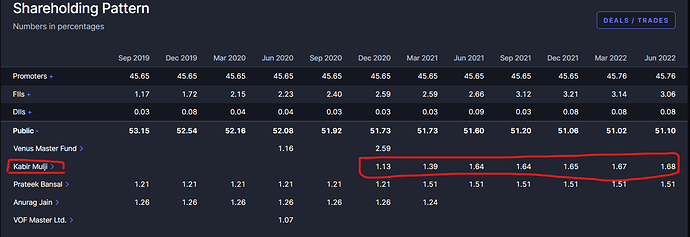Since I’m not investing based on the discount, the NAV discount only tells me that there is some value here. As my transactions happen at the prevailing market price, it doesn’t help me make any decision here. Let me expand.
Let’s start with NAV as the starting point. Let’s make a few adjustments to factor in gains and taxes that emanate from it and some transaction costs (all at the company level, not individual level). Let’s call this Net Realizable Value (NRV). Because of the discount, the market price is always lower than the NAV and NRV. So at what price do I buy? If I just look at this one criteria (CMP<NAV/NRV) to make a decision, the only action is buy. I’m no closer to arriving at a ‘realistic’ decision of what price to buy based on the above rule.
Hence, the NAV could be called an intangible (or even an illusion). It’s not something I’m going to get in my lifetime (unless the company gets liquidated/wound up). When I sell, it would be at the prevailing market price and not at the NAV. The dividend yield important to me would be on my purchase price instead of the prevailing price or NAV.
The impact of NAV on the price isn’t direct (their correlation may seem to confuse the impact as well), but indirect (filtered through the discount and reflected in the prevailing market price). So the next element is that of a discount. There are two parts to the discount – A) underlying assets are also moving on a daily basis. B) The prevailing/historic market discount on this.
With a discount trade, one is solely relying and hoping on a set of marginal buyers willing to pay a higher price and lower the discount. (The ones that follow them may widen the discount as well). My aversion to discount related actions stems from the desire not to have the results of the investment/transaction solely dependent on prevailing market sentiment and others. Dividend is more real to me than transient market sentiment. But this doesn’t mean I completely exclude the underlying assets while thinking about valuing the company. They most definitely have a part. The question is of the weightage.
You are absolutely right when you say “Only if one believe that some day this so called intangible NAV (which i dont agree) gets converted to tangible through dividend, merger, buyback or delisting (these are ways even largecaps are valued), one should buy such deep value stocks. “. This is where my second hypothesis comes in - “Mutual fund with increasing dividends and notional margin of safety in the unlikely event of liquidation? (seems more plausible. We could have a scenario in 10-15 years where the dividends are close to Rs. 10-12. But if this isn’t the case, aren’t there better avenues to do this? Tata Investment Corporation is one such avenue).”
So if the hypothesis is discount – one would look at NAV and discount reduction/widening. If the hypothesis is mutual fund + dividends, dividends and investment track record would be the focus with some weight to these other attributes.
The day I am able to sell it at/close to NAV, I am willing to change my opinion and think about discount investing as well. Or if there’s another hypothesis with steps for valuation that would be in line with this broad approach.
Regarding valuation, the question I am now asking myself is, at what price would this be a no brainer buy.
There is a fundamental difference between VLS and companies like Bajaj and Birla, etc. They are holding companies – they allocate resources within the group, they make decisions that affect subsidiary and operating companies (look at the overlap in management). VLS is more like a mutual fund. Think of VLS as an investor like you and me. Add a company as the functional entity through which they operate. Plus significantly more AUM than me. That’s what VLS is.
I’ve written more on holding companies on my blog. Since we’re not allowed to share personal links, so not putting up a link. You could always read it there if you want.
“The only question for which no one know the answer is that “will such payouts(which exists only in the past 4 yrs) sustain in the long run or promoters have different idea”. If it sustains, the stock will be 10X in 12-15 yrs.” This statement is absolutely true. I would only add an increase in payout. It’s unfortunate they don’t have a dividend policy.
This is all my personal view. I could be completely wrong.
Of late, the stock seems to be getting a lot of coverage in Telegram groups (and hitting upper circuit). Will probably continue to track for some more time before doing anything.

